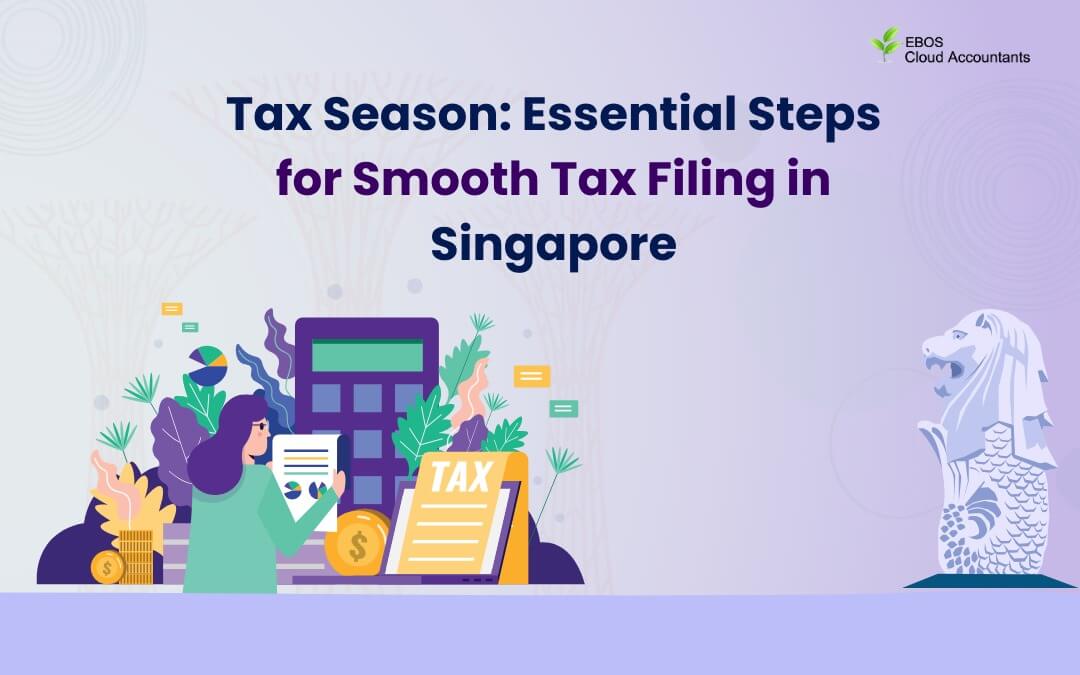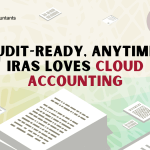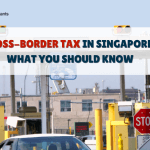In Singapore, the tax season is commonly defined as the period during which individuals and corporations prepare and file their tax returns for the prior fiscal year. Singapore’s tax season normally coincides with the calendar year, with filing deadlines in April of the following year.
In addition, ACRA Singapore primarily regulates corporate entities and ensures that they meet corporate governance and financial reporting obligations.
Being proactive throughout the tax season in Singapore can help individuals and businesses manage their tax affairs more efficiently, maximize tax savings, and maintain compliance with tax rules.
To learn more about the steps for smooth tax filing in Singapore, continue reading this article.
Understanding Financial Reporting Standards
Singapore’s Accounting and Corporate Regulatory Authority (ACRA) is in charge of the regulatory framework that governs financial reporting for the country’s enterprises. ACRA creates and enforces financial reporting standards to ensure the transparency, trustworthiness, and comparability of financial data.
ACRA in Singapore establishes and enforces financial reporting regulations for Singaporean enterprises. These standards, based on the Singapore Financial Reporting Standards (SFRS) or International Financial Reporting Standards (IFRS), govern how businesses compile their financial statements. ACRA in Singapore standards promote accurate financial reporting, which helps to assure effective tax computation and compliance with tax legislation.
Company Registration and Compliance
Singapore has a variety of company structures available, including sole proprietorships, partnerships, limited liability partnerships (LLPs), and companies limited by shares (private limited or public).
Moreover, ACRA Singapore is in charge of registering and regulating businesses, such as sole proprietorships, partnerships, limited liability partnerships (LLPs), and companies limited by shares. While ACRA does not handle tax filing directly, the information submitted to it during the company registration and yearly filing processes may be used for tax purposes by the Inland Revenue Authority of Singapore (IRAS).
Annual Filing Requirements
Noncompliance with ACRA’s yearly filing obligations may result in penalties, fines, or other enforcement measures. As a result, organizations must comply with these standards and ensure that their yearly files are submitted on time and accurately.
Companies registered in Singapore are obliged to file yearly returns and financial statements with the ACRA. While these filings are largely for business governance and regulatory purposes, they also contain financial information that IRAS may use to assess taxes.
Interagency Collaboration
ACRA and IRAS collaborate by exchanging information about company registration, financial reporting, and taxation. This simplifies data sharing, ensuring consistency and accuracy in tax assessments and compliance.
ACRA and IRAS may cooperate together on cooperative efforts including public education campaigns, seminars, and workshops to improve awareness among businesses and individuals about tax obligations, regulatory requirements, and best practices for compliance.
In Summary
Companies must comply with ACRA’s annual filing dates for submitting annual returns and financial statements. These filings may contain financial information that is significant to IRAS’ tax assessment. Companies must ensure that their financial records are accurate and up to date to comply with tax and regulatory requirements set by ACRA.
Keep up to current on ACRA’s filing requirements, deadlines, and regulatory updates. Check the ACRA website regularly, and contact EBOS Cloud Accountants to help organize your records will help to speed up the filing process and assure compliance with ACRA standards.







